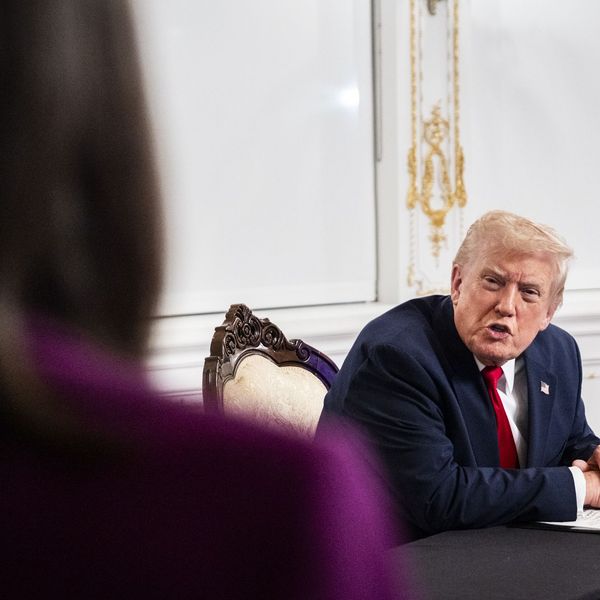Of course, my plan this week was to write a column about the meanings of the announcement made by the RCMP to lay criminal charges against George Salloum, one of the torturers of my husband, Maher Arar.
Beyond the symbolism of this unprecedented action taken by the RCMP -- to charge someone overseas who tortured and participated in the harming of a Canadian citizen -- there is always something deeply personal about this.
Since 2002, after the arrest of my husband by U.S. authorities and his subsequent deportation to Syria, our lives as a family were so deeply affected by these tragic events; to know more than a decade later that the beginning of some accountability is happening is really encouraging. This is not about legal vengeance. This is about justice. Period.
And then in the middle of this personal turmoil came the moving story of little Aylan Kurdi and all the outrage it has caused around the world, and the ripple effects that reached our faraway shores.
It would have been selfish on my part to keep talking about myself while the whole world is watching one of the worst humanitarian crises unfolding in front of us. So I decided to speak about the refugee crisis. But I wanted to do it from a different perspective.
I wanted to understand why these people are leaving their homes, their place of birth and walking thousands of kilometres on foot. Why are they risking their lives on small boats in a wild sea? Why are they giving away their meagre savings to greedy smugglers to go to Greece or to Hungary in order to finally arrive in Germany, their preferred destination? Don't they know about austerity policies in Europe? Didn't they watch, on their satellite TV, the ugly incidents of racism, discrimination and Islamophobia taking place in these locations, including those in Germany? What about Pegida? Aren't they afraid of the neo-Nazi groups that attack Muslims residing in Germany? Why don't they go to Saudi Arabia, the self-proclaimed "protector" of Islam and Muslims? Don't they share language, religion and culture with the rich Arab monarchy?
Stephen Harper would probably answer my question by saying these people are running for their lives because of ISIS. Let's bomb ISIS and things will be better, seems to be his motto. But this answer is no good for me. It is demagogic, over simplistic, and totally misleading.
And then I remembered the Crusades.
The first Crusades started to happen over a thousand years ago. A massive migration of people called the Franks, from German and British towns, took place. They travelled to Jerusalem, considered to be the heart of Christendom. The reasons for this migration were multiple and complex. The best known one was: religious. These armies of men, women and children walked, rode horses, sailed the Mediterranean sea from "European villages." They were supposed to deliver Jerusalem from the "infidels" (it is somehow worth mentioning this same word used at that time to designate Muslims, is today being used by a group of Muslims to designate Christians or Jews).
The Pope and the kings of that time knew very well how to use religious rhetoric to convince the crowds and push them to take action. But beyond the religious discourse of delivering Jerusalem from the "infidels," horrible economic and political contexts pushed these families to travel to the Middle East. What is called Europe now was struggling at that time from disease, famine, oppressive monarchs and indefinite wars that ravaged every village and town. Yes, Jerusalem meant a lot to the hordes of believers but economics meant much more. Jerusalem, Antioch, Tripoli, Damascus... represented the land of opportunities. It represented the opulence of the Levant, the palaces, the harems and the exuberant food.
In other words, these people went to the Middle East for better opportunities.
This massive migration that happened one thousand years ago ended in horrible wars, in holy places being destroyed and lives lost and atrocities committed. But after the end of the Crusades, two fundamental things happened: many "Europeans" came to stay in the Middle East with many new communities emerging from their intermarriage and mixing with the indigenous people of those new lands.
The second is that the Europeans who decided or were forced to go back to Europe, brought, according to many historians, the seeds of the Renaissance to Europe. It is that same Renaissance that took Europe on the path to centuries of enlightenment, spreading the principles of justice, equality and freedom. These are solid pillars of today's Europe.
So to all the voices who are opposing the coming of the refugees: labelling them terrorist threats, considering them job-stealers or welfare addicts -- think twice about what you are saying. Remember what happened in the history of humanity. The refugees' despair and their suffering will bring undoubtedly new challenges to the lands that welcome them but it will also likely bring enrichment and wealth. And who knows, maybe one day bring a reversal of the pendulum, and real justice in the Middle East.


